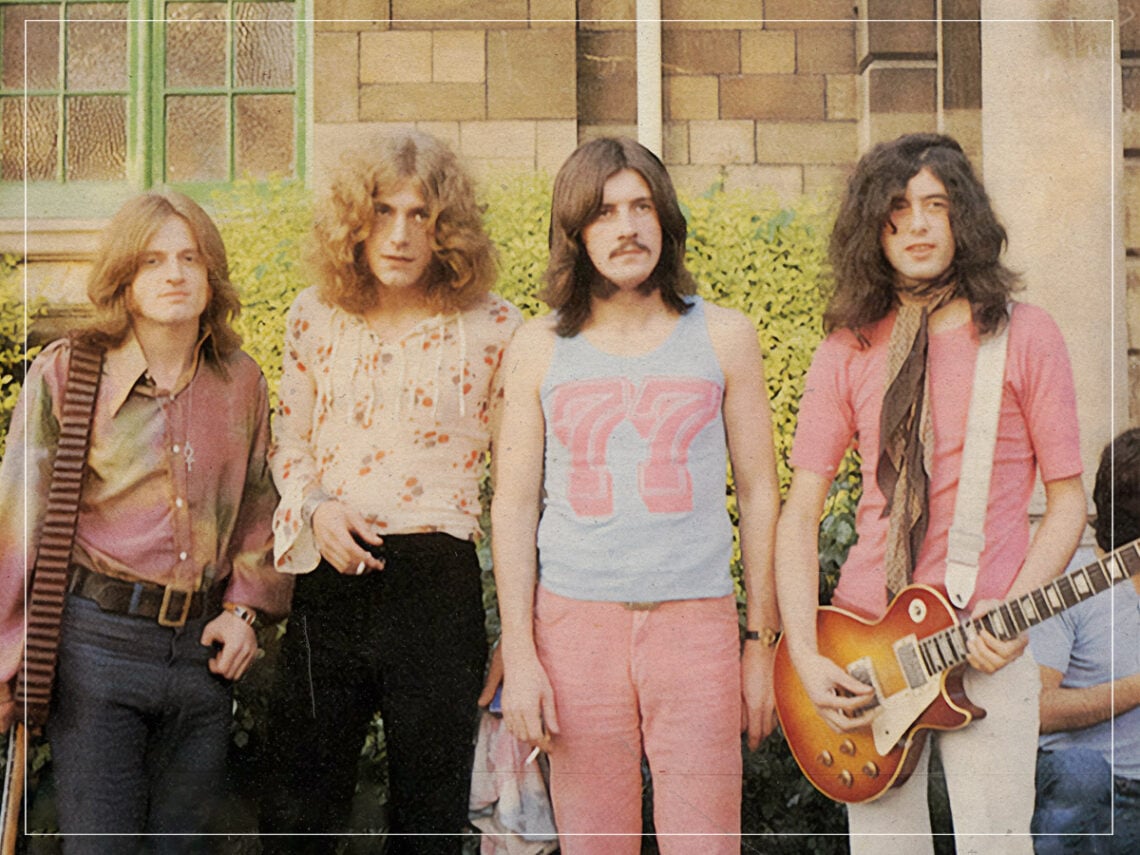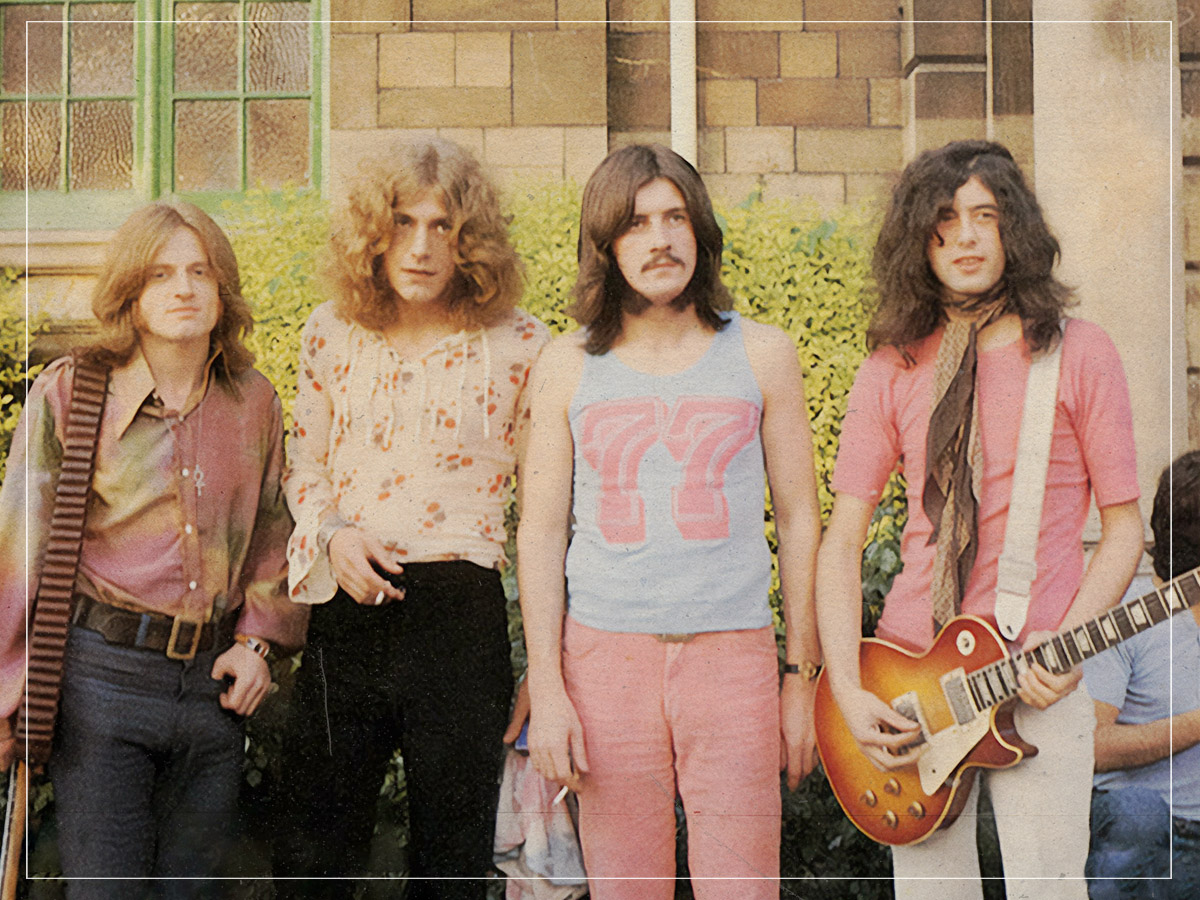
Credits: Far Out / ©2025ParadisePicturesLtd
Wed 17 September 2025 17:30, UK
I guess if you want to measure the true difference between classic rock of old and contemporary music of today, you would just need to turn on the radio, right?
Besides the odd online radio station, it’s mostly used these days to peddle commercial bubblegum crap, with fans accepting the fact that they have to go digging themselves, if they want to find good music. But in decades past, authenticity and commercialism were more seamlessly merged. The term “radio edit” wasn’t yet a thing and so musicians were given free-reign to drench their songs in whatever experimentalism they liked.
In the 1960s, musicians largely had The Beatles to thank for this. The Fab Four hammered down the wall of sensibility, allowing a myriad of esoteric and innovative ideas to follow along with them. By the time they split and the 1970s beckoned, it was open season for anyone with half a creative mind.
But between the powerful four members that made up Led Zeppelin, there was more than half a mind. There were four groundbreaking creatives, ready to turn the new dawn of music on its head. From the moment they released their self-titled debut album, it was clear that this band were operating on their own steam, driving a new identity of rock and roll forward, replacing whatever void fans might have felt from the dissolution of The Beatles. By no means were they a replacement. They were just the new kids on the block.
That being said, there was perhaps one artistic trope, they borrowed from their predecessors. “We were more concerned with diversity, self-satisfaction, creativity,” Robert Plant explained. “So, really, there was nobody to compete with, because we were trying to entertain ourselves first and foremost, with no intentional stab at a pretty song for a pretty song’s sake.”
Adding, “From the beginning, really, it was a group policy that singles were not to be considered, that the whole game would be that if you wanted to find out about Led Zeppelin, you had to get into the whole thing. We would not put out singles as calling cards.”
But were the band to put just singles out anyway, they would have undoubtedly experienced a similar amount of globetrotting success. Sure, the albums helped, but they weren’t exactly concept albums, where the processing of every song required a wider view. Each individual song, within the albums, was brilliant in its own right and, had they wanted to, could have relied solely on those.
They were a sonic breath of fresh air and tapped into the curious psyche of excited rock fans, desperately wanting more raucous blues rock, but delivered in a new way.
“But I think the way the music moved around in its Englishness and its blues roots, the inspiration didn’t allow it to compete with anybody, really,” Plant concluded. “Because it wasn’t a pop band. I mean, it’s popular, but it certainly was not pop. There’s probably no better example of that than ‘Stairway to Heaven’ which may be the most popular radio song of all time yet has never been available as a single.”
Related Topics
The Far Out Led Zeppelin Newsletter
All the latest stories about Led Zeppelin from the independent voice of culture.
Straight to your inbox.

